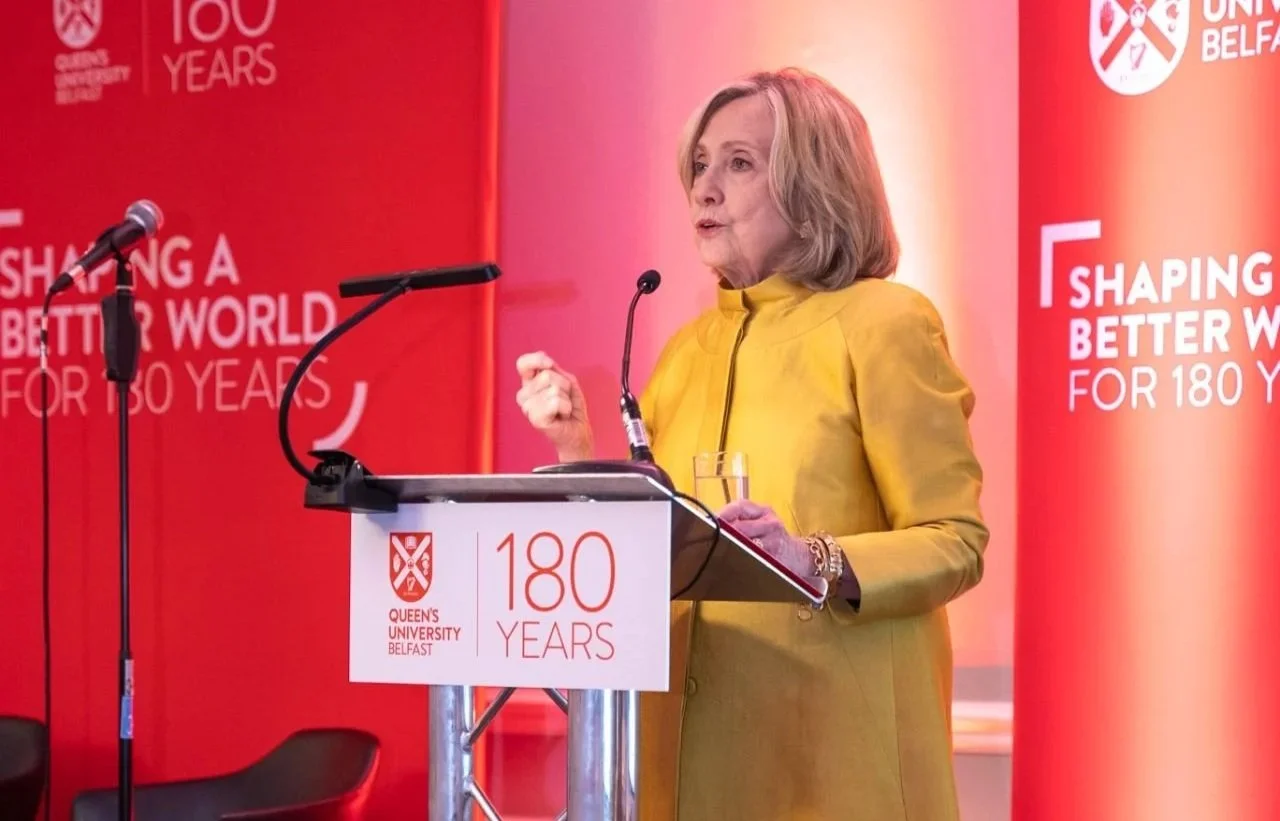Harvard’s Wyss Institute and Colossal Foundation partner on artificial womb research for conservation
The Colossal Foundation, a nonprofit organization linked to Colossal Biosciences, has announced a $1.5 million donation to Dr. George Church’s lab at the Wyss Institute for Biologically Inspired Engineering at Harvard University.
The funding will advance artificial womb research to support conservation initiatives for endangered species.
The Colossal Foundation is dedicated to supporting conservation efforts through advanced technologies. Its initiatives focus on preventing the extinction of keystone species and empowering conservation partners with innovative tools.
Research objectives and potential impact
The research, led by Dr. Church, focuses on developing artificial womb systems that enable embryos to grow outside of natural wombs. These systems, also known as ectogenesis platforms, could reduce the reliance on surrogate mothers and provide a controlled environment for embryo development.
Dr. Church emphasized the importance of this collaboration:
“This generous support from The Colossal Foundation will accelerate our efforts to create artificial womb platforms that not only support de-extinction but also have the potential to revolutionize reproductive biology for endangered species.”
The approach is expected to increase the number of embryos successfully brought to term, supporting population recovery for endangered species.
Matt James, Executive Director of The Colossal Foundation, stated:
“Artificial wombs are both a technological marvel and a conservation imperative. By eliminating the need for surrogate mothers, these technologies could dramatically accelerate the rate at which threatened species can be restored and threatened habitats can be revitalized.”
Addressing challenges in conservation
Many endangered species face challenges such as habitat loss, climate change, and poaching, which disrupt reproduction and reduce breeding opportunities. Artificial wombs could address these challenges by providing a safe and controlled environment for embryo development, potentially stabilizing populations at risk of extinction.
Ben Lamm, Co-Founder and CEO of Colossal Biosciences, explained the foundation’s goals:
“The mission of The Colossal Foundation is to blend cutting-edge technology with conservation science to restore ecosystems and combat biodiversity loss.
“By combining the Wyss Institute’s groundbreaking work with our commitment to conservation-focused innovation, we are pushing the boundaries of what’s possible in saving species. This collaboration marks a bold step toward a sustainable future.”
The project aligns with The Colossal Foundation’s mission to apply advanced technology to global conservation challenges. Previous initiatives by the foundation include efforts to combat the chytrid fungus affecting amphibians and improving the resilience of species such as the vaquita and Mauritian pink pigeon.
The Wyss Institute is recognized for its interdisciplinary research in bioengineering, addressing challenges in health, sustainability, and environmental science. The funding from The Colossal Foundation will support the institute’s ongoing work in organogenesis and synthetic biology to develop scalable artificial womb systems.
Dr. Don Ingber, Founding Director of the Wyss Institute, highlighted the importance of the partnership:
“Generous donations like this one from The Colossal Foundation make our cutting-edge science possible. The work this donation will support will have far-reaching ramifications, and we are thrilled to be Colossal’s partner in this effort.”





















